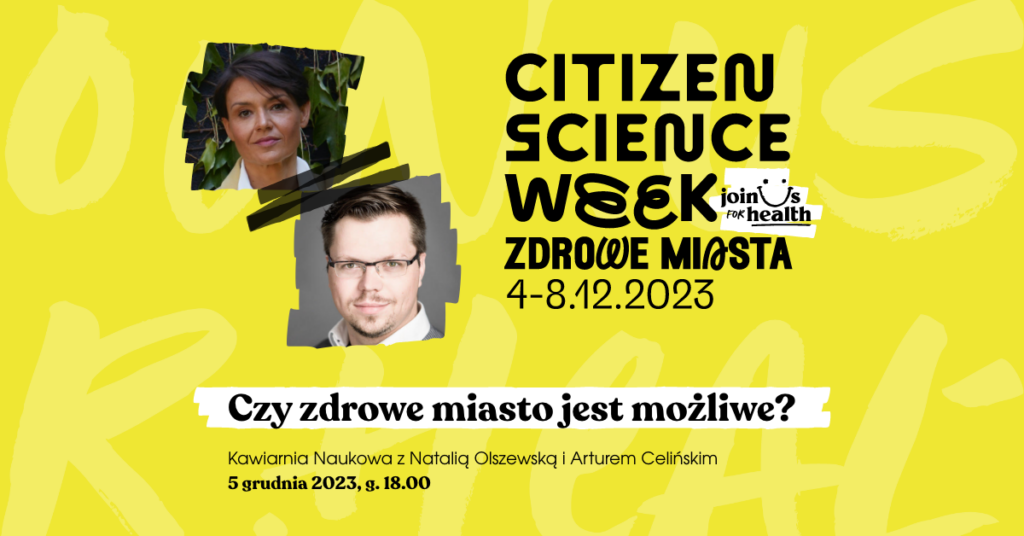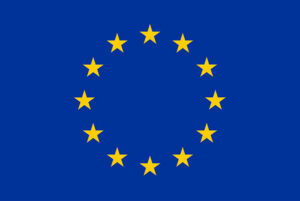We start our conversations about the city at Citizen Science Week by meeting two specialists in the field. Both practitioners and theoreticians who, with their knowledge and experience, can show the broad and international context of how cities are designed and changed today to create healthy spaces. How are medical science, neuroscience and social science being used to do this? Can we create cities where we do not feel lonely, excluded, bombarded by noise and other pollution? We will talk about ideas for a healthy city with Natalia Olszewska and Artur Celiński.
Natalia Olszewska is a specialist in evidence-based design (neuroscience-informed design). She is a physician with over 10 years of experience. She has an exceptional background in medicine (Jagiellonian University and Tor Vergata University), neuroscience (University College London, École Normale Supérieure and Sorbonne) and the application of neuroscience in architectural design (IUAV University). She is a lecturer on the Master’s programme NAAD (Neuroscience Applied to Architectural Design) organised by IUAV University in Venice. Co-founder of IMPRONTA, a consultancy and research firm in the field of design for well-being, specialising in the use of neuroscience knowledge in architecture. She gained experience in working with architects by consulting on projects in Poland and internationally. Her work is guided by her concern for the well-being of space users. She is interested in the impact of the built environment on social, cognitive, biological aspects of the human experience.
Speech title: “Cities friendly to our brains: how can architecture and urban planning positively influence our health?”.
Artur Celiński has been involved with the city for many years – combining soft actions with what physically happens on the urban ground. Political scientist, journalist, promoter of innovation in the management of public policies and the introduction of civic dialogue tools. Creator and team leader of the City DNA project. Creates the city newsletter “City Magazine”. – A regular dose of information on the most interesting issues affecting cities and metropolises around the world. Works on municipal cultural policies across Poland: designing them and supporting their implementation. He is also the author of the cultural policy process in Bialystok (in cooperation with the SocLab Foundation). Originator and coordinator of the study “DNA of the City: Urban Cultural Policies”. Collaborates with Radio TOK FM – currently as a co-creator of the podcast “Magazyn Miasta”. Curator of the international project “Overseas conversations” run by the Goethe-Institut. Editor and co-editor of 13 research reports on cultural policy in Polish cities. He acted as a consultant for the ‘Coalition of Cities’ programme operating as part of the 2016 European Capital of Culture celebrations. His latest project is ‘Miastopoczucie’ is a podcast produced jointly by the Institute of Urban Culture and the City Magazine.
The meeting is hosted by Dr Katarzyna Sztop-Rutkowska from the SocLab Foundation: a Białystok-based woman from Łódź who loves many other cities, a sociologist, urban activist and initiator of the Białystok-based SocLab Foundation. A fan of city design with a head and citizens
Citizen Science Week is a series of meetings among people from the world of science, social activists, city authorities and residents to discuss the impact of modern cities on our wellbeing and health – physical and mental.
Citizen Science Week is organised by the SocLab Foundation, the University of Bialystok and the Medical University of Bialystok as part of the JU4H project.


